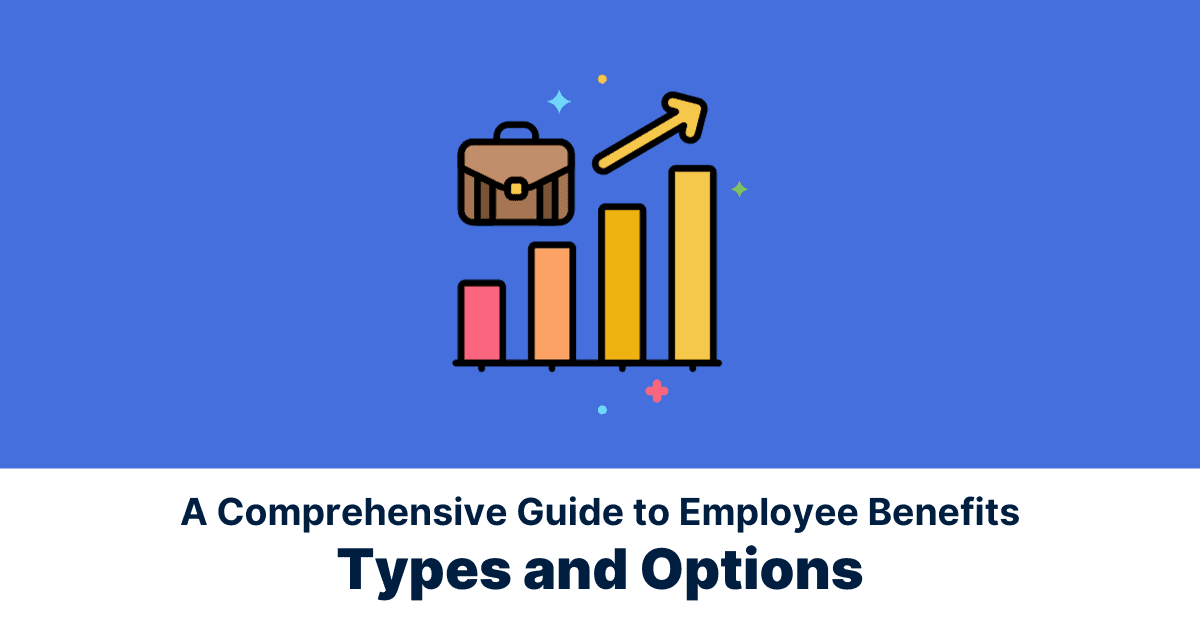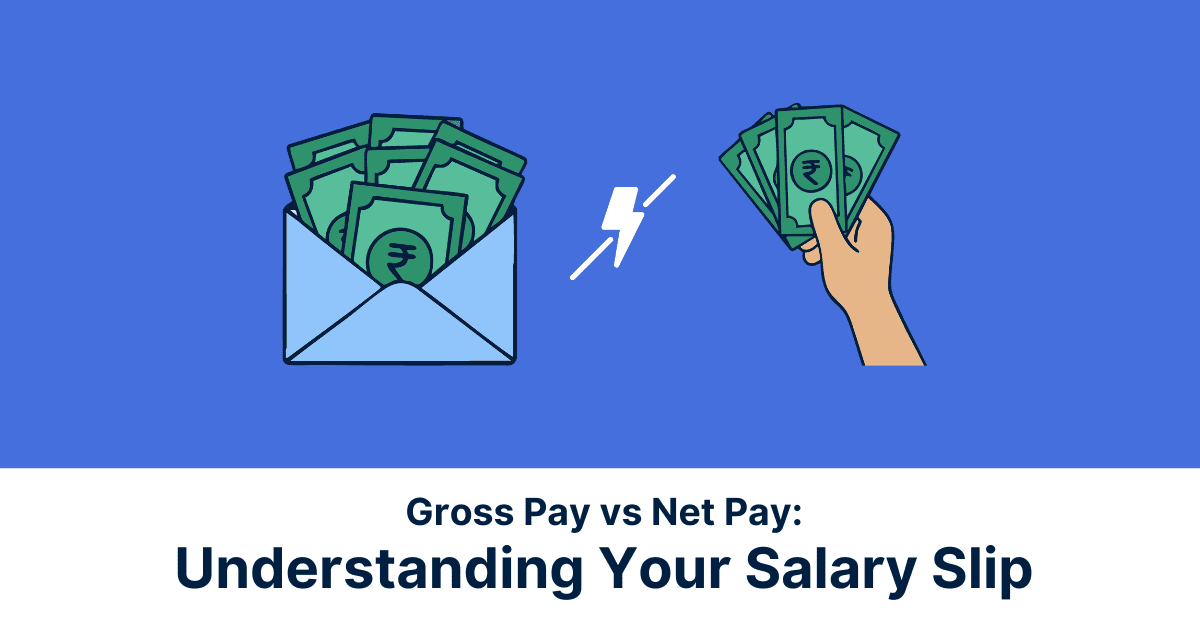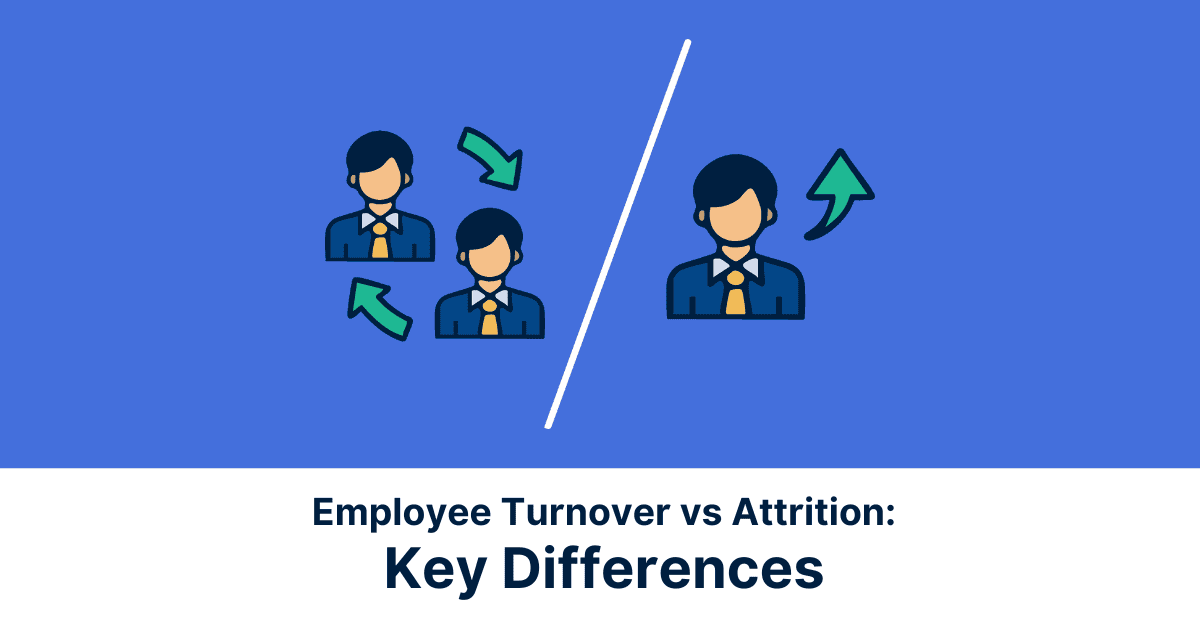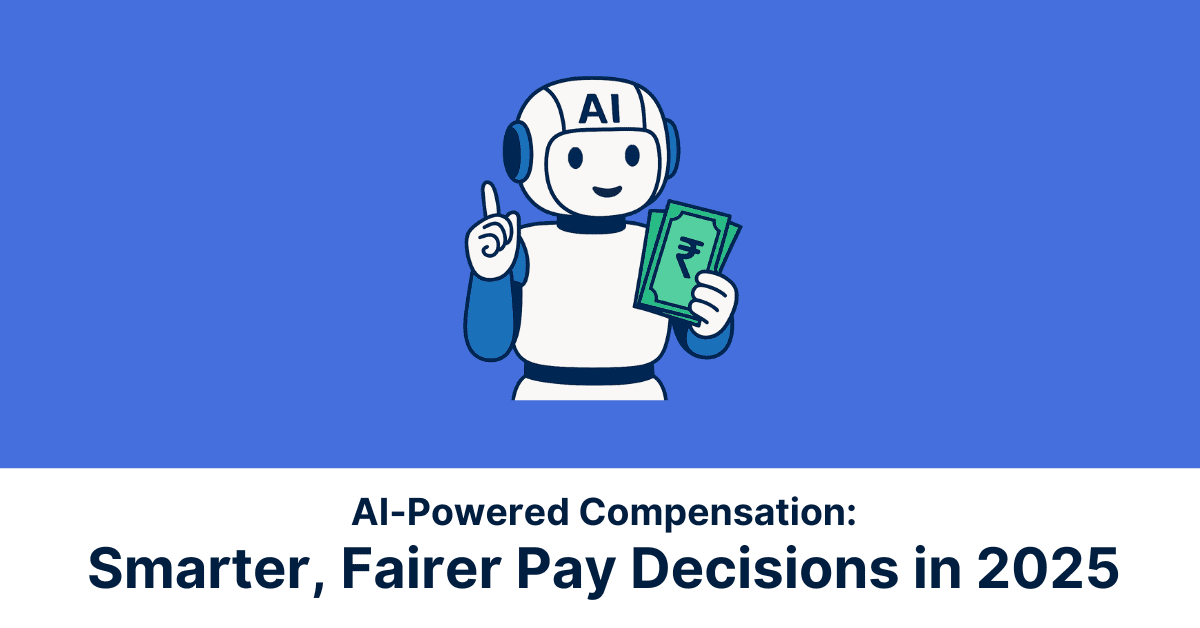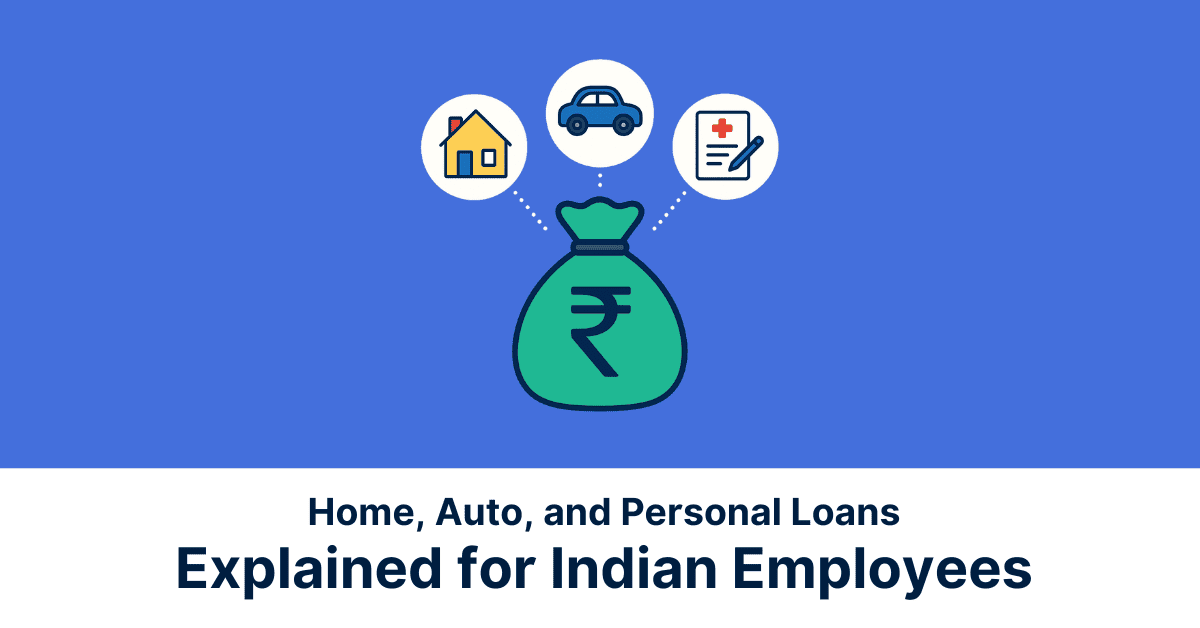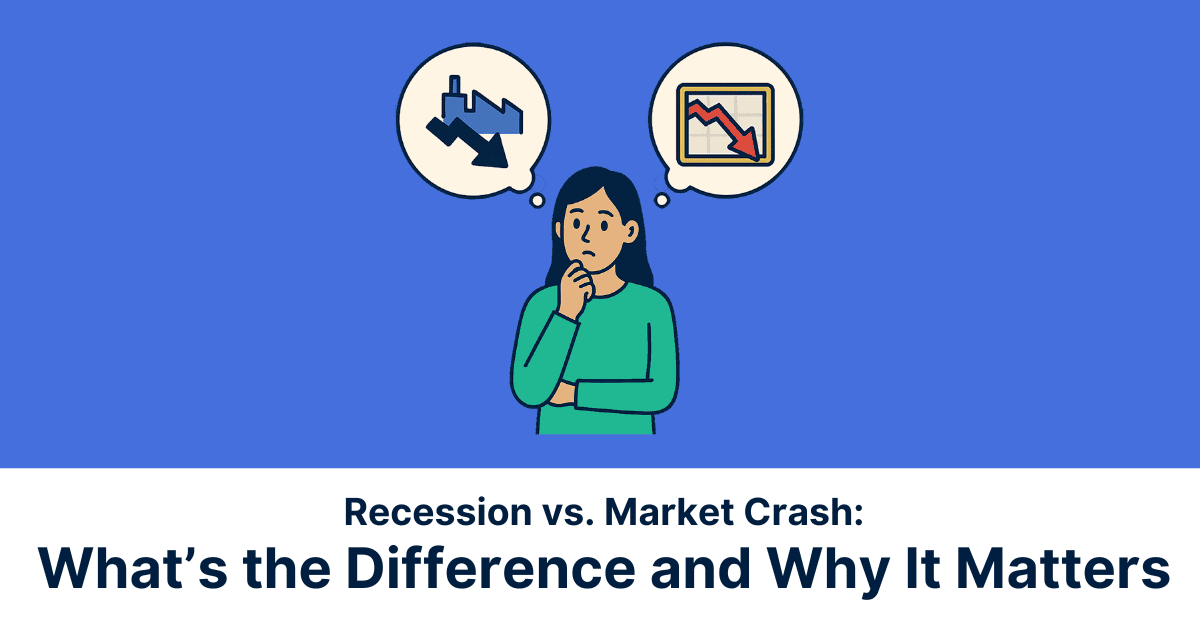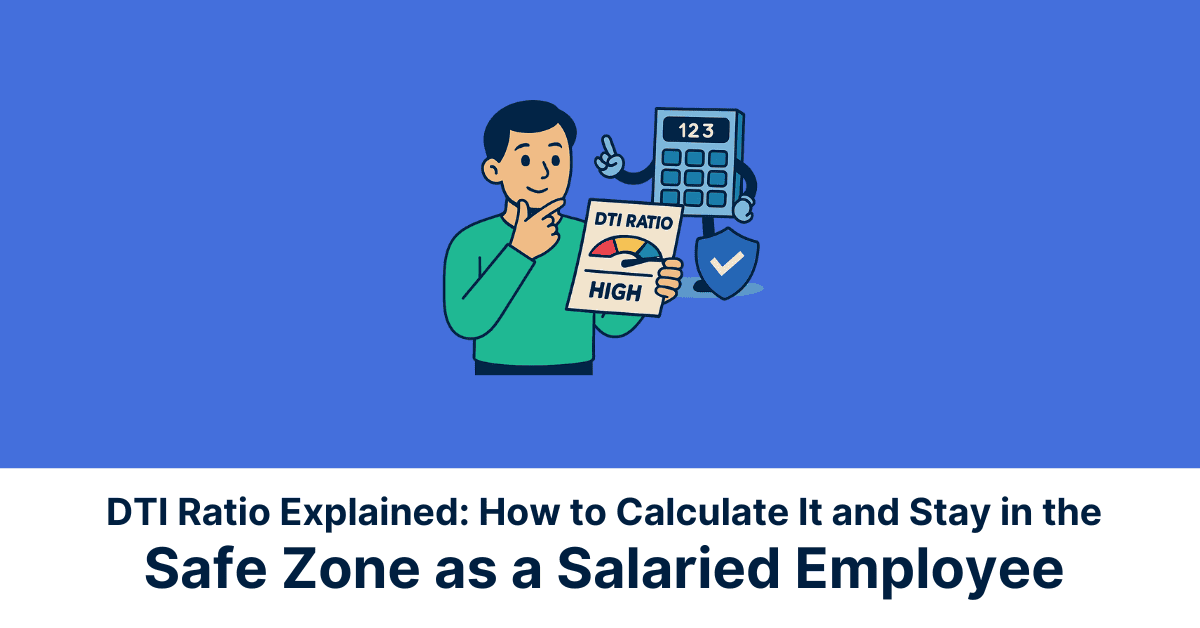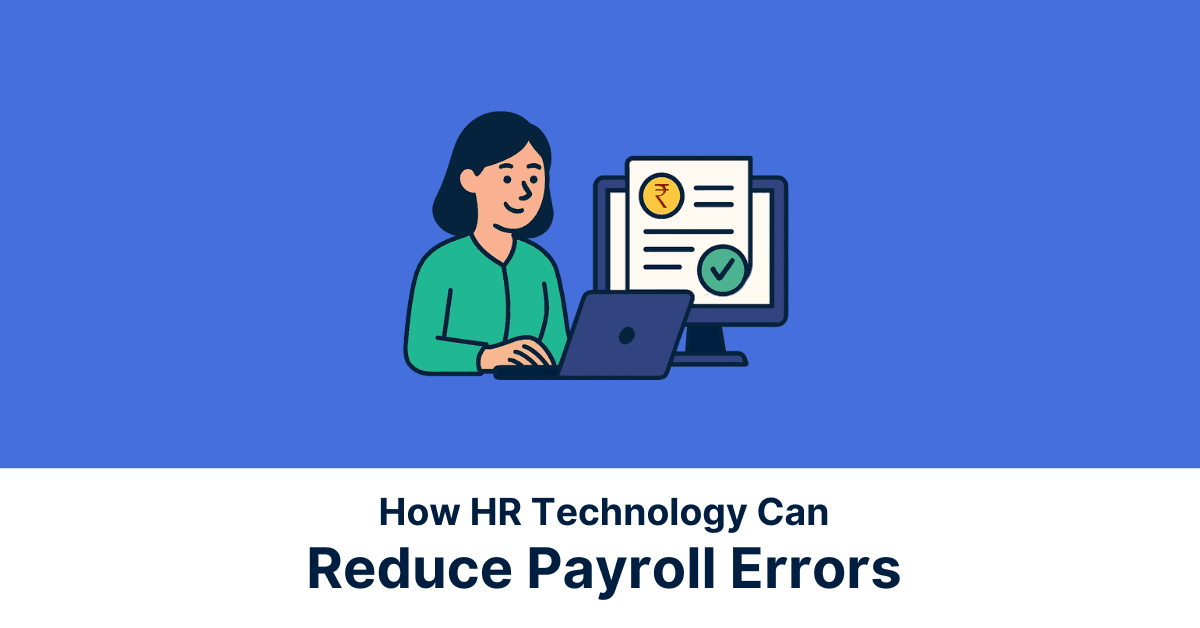What are employee benefits?
Employee benefits are the additional pay and perks that employees receive in addition to their base salary. They can be mandatory (statutory) or optional (discretionary).
Statutory benefits are required by law, such as gratuity, health insurance, and paid time off. Discretionary benefits are offered at the employer’s discretion, such as stock options, performance bonuses, and childcare assistance.
In addition to employee benefits programs, most employers provide perks. It’s common for perks and benefits to be viewed as the same, but there is a distinction between the two. While benefits are a form of compensation, perks are not factored into pay.
Perks serve as incentives or extra rewards that make an employer more appealing to work for. These can include enticements such as gym memberships, free lunch or snacks at work, or company-sponsored tickets to concerts and sporting events.
Employee benefits are important for a number of reasons
The importance of employee benefits cannot be ignored, they can help attract and retain top talent, improve employee morale and productivity, and create a healthier and more positive work environment.
1. Healthy Workforce
Benefits like health insurance and wellness programs promote employee well-being, reducing absenteeism and boosting productivity.
2. Attract Top Talent
A comprehensive benefits package makes your company more attractive to potential employees, helping you recruit the best talent.
3. Enhance Productivity
Employee satisfaction, aided by benefits like flexible work arrangements and paid time off, leads to increased productivity.
4. Reduce Turnover
Well-considered benefits packages increase job satisfaction, lowering turnover rates.
5. Boost Morale
Benefits contribute to a positive work environment, improving overall morale.
6. Support Personal Growth
Benefits can extend beyond work, aiding employees in personal growth through services like financial planning or tuition reimbursement.
7. Job Satisfaction
Comprehensive benefits packages foster job satisfaction and engagement, resulting in improved performance and a positive work environment.
Understanding different types of employee benefits
Employee benefits are a vital component of an organization’s compensation program, consisting of various non-wage incentives aimed at attracting and retaining talent.
Employee benefits fall under three main categories namely:
Mandatory/Statutory Employee Benefits
These benefits are standard across the nation and every employer must offer them to comply with the labour laws.
Employers must provide these benefits to ensure basic financial protection for employees.
Non-Mandatory/Discretionary Employee Benefits
These benefits are not mandatory. However, they are considered as the standard across an industry. If an organisation doesn’t offer the benefits that their competitors are, it’s highly likely that they’d lose top-performing talent.
Many employers provide these to stay competitive and attract top talent.
Employee Benefits as Added Perks
Some organisations go beyond the basics, offering extra perks such as wellness programmes, childcare support, flexible work arrangements, and employee discounts. These benefits are offered to retain talent, morale, and work-life balance.
Offering different types of employee benefits is a good thing for employees and employers. They fulfill legal obligations, enhance competitiveness by attracting skilled employees, and create a positive workplace culture. They play an important role in ensuring the well-being of the workforce and promote a motivated and loyal team. Employers benefit from having a happy and productive workforce.
Types of statutory employee benefits in India:
Gratuity
Gratuity is a certain amount of money to be paid to the employee at the end of the employment period. It is governed by the Payment of Gratuity Act, 1972 (PG Act) in India. An employee becomes eligible for gratuity after completing a minimum of five years of continuous service, retirement, resignation, death, or disability due to accident or illness.
Insurance (ESI Act)
The Employees’ State Insurance (ESI) Act applies to non-seasonal factories employing 10 or more individuals, with extensions to sectors like hotels, restaurants, and educational institutions. Employees earning below ₹21,000 are covered.
Under this act, employers contribute 4.75% of employees’ payable wages, while employees contribute 1.75%. These contributions are directed to an Employees’ State Insurance Fund, which provides medical and other benefits in cases of accidents, sickness, maternity, and, in certain situations, for their families.
Provident Fund (EPF Act)
The Employees’ Provident Fund (EPF) Act establishes welfare schemes, including pension funds, provident funds, and deposit-linked insurance funds, for workers in organisations with 20 or more persons, such as factories and offices.
Employers contribute 12% of an employee’s wages, including dearness and retaining allowances, while employees match this contribution. Voluntary contributions beyond the statutory requirement are also permitted.
Maternity Benefits
The Maternity Benefit Act (MB Act) protects the rights of pregnant women employees and fights discrimination. It mandates maternity leave of up to 26 weeks, extended from 12 weeks in 2017, and applies to various organisations, including shops, factories, mines, circuses, and plantations, with 10 or more employees.
Under the MB Act, women employees receive maternity benefits based on their daily average wage rate. Organizations with more than 50 employees must provide a creche facility and are prohibited from terminating the services of pregnant employees except for gross misconduct, ensuring job security during pregnancy. The MB Act was enacted to serve as a safety net against discrimination due to pregnancy.
Bonus
Employers use bonuses as monetary rewards to recognize employees’ contributions, increase morale, and raise compensation. Apart from discretionary bonuses, employers are obligated to provide bonuses as per The Payment of Bonus Act (PB Act).
The PB Act is applicable to factories and organisations with 20 or more employees. Employees earning less than ₹21,000 are entitled to a bonus of 8.33% of their annual wage or a minimum of ₹100, whichever is higher.
Types of Discretionary Benefits (benefits that are industry standard):
Transportation
Many companies go the extra mile by providing shuttle services for their employees, simplifying office commutes and prioritizing their well-being. These services ensure the comfort and security of employees, especially those who work late due the nature of their work.
Offering the option of taxis or shuttles for commuting to and from work is a pragmatic approach to guarantee employees’ safe travel. Some organisations even extend vehicle privileges to senior management, not only for convenience but also to maintain the stature of their positions.
Health and Life Assurance
While the ESI Act primarily covers non-seasonal factories and specific establishments, corporations often step in to provide private health and life insurance coverage for their employees. This provides employees with the assurance that they and their families will receive adequate support in case of illness or unfortunate events, offering a crucial peace of mind.
Employee Stock Ownership Plans (ESOPs)
ESOPs have become a strategic norm for startups and various other companies, aligning the interests of employees with those of their employers. Through ESOPs, organizations grant employees the opportunity to purchase company shares at a discounted rate. This shared ownership encourages employees to actively contribute to the company’s growth and participate in profit-sharing, build loyalty and commitment.
Relocation Allowance
Identifying the financial burden associated with relocating for employment, many companies provide relocation allowances. These allowances reimburse employees for their relocation costs, from moving to a new city to finding suitable accommodations. Some companies even offer temporary housing during the initial weeks of employment, ensuring a smooth transition for their staff.
Paternity Leave
Although there’s no statutory requirement for paternity leave, forward-thinking companies have started offering it to promote family bonding and shared responsibilities. Paternity leave grants fathers paid time off following the birth or adoption of a child. This progressive approach reflects changing societal dynamics, acknowledging that mothers should not bear the sole responsibility for baby care.
Mental Health Support
Employers are increasingly focusing on the emotional well-being of their employees, understanding that both life and work pressures can have a significant impact. To address these challenges, companies are introducing discretionary mental health benefits.
These offerings include paid mental health leaves and counseling services provided through licensed organisations. Tackling mental health issues has become a top priority for organisations in recognizing the importance of a holistic approach to employee welfare.
Innovative Fringe Benefits
The war on talent has pushed some companies to think creatively about employee benefits, offering fringe benefits to attract and retain talent. Fringe benefits, also known as non-wage benefits, play an important role in employee compensation and satisfaction.
Wellness programs
Employees spend more time at work than they do anywhere else, and as a result, more and more companies are investing in corporate wellness programs. Corporate wellness programs can include various things, including employee assistance programs, access to therapists and crisis counselors, mental health assistance, access to nutritionists, discounted gym memberships, and more.
The idea behind a corporate wellness program is that employers invest in the well-being and wellness of their employees and see the benefit of that through employee happiness and overall improved employee well-being.
Earned Wage Access
Earned Wage Access (EWA), also known as Salary Advance, is a benefit employers can offer; to let employees access their earned wages on demand, before payday. This can help employees meet financial emergencies and avoid predatory loans.
Jify is a smart financial wellness provider and strategic partner for employee-focused organizations. With simplified EWA integration, Jify also provides a wide array of financial wellness solutions such as financial coaching, modern savings tools like digital gold and a Rupay Card that enables smarter spends.
Work from home options
The rapid advancement of technology is making it easier for employees to work remotely. Today, most employees prioritize flexibility more than reimbursements. Therefore, employers who will allow their employees to work from home will greatly increase their chances of success in the future.
Unlimited Paid Time Off
Unlimited PTO is a recruiting and retention perk. It is a vacation policy in which employees are not given a predetermined number of days off. Employees can take as many vacation, sick, personal, or mental health days as they need. The idea behind a more traditional paid time off policy is that the vacation time you accrue as an employee has a penny value behind it.
The major difference between a traditional PTO policy and an unlimited PTO policy is that under an unlimited PTO policy, you are not limited to a certain number of days off during the year. It doesn’t mean that employees are entitled to disappear for months at a time. The time taken off under an unlimited PTO policy still requires manager approval.
This policy assures that there is no rush to take unused vacation days at the end of the year.
Conclusion:
Employee benefits are important because they keep employees happy and productive, which leads to smoother running of business. If you don’t already have an attractive benefits package, it’s time to implement one. Instead of viewing employee benefits as a burden, see them as an investment in your employees and your company’s future.
When varied types of employee benefits are provided, employees feel valued and appreciated and are more likely to be engaged and productive. They are also more likely to stay with the company long-term.
*Disclaimer:
The information contained herein is not intended to be a source of advice concerning the material presented, and the information contained in this article does not constitute investment advice. The ideas presented in the article should not be used without first assessing your financial situation or without consulting a financial professional.
